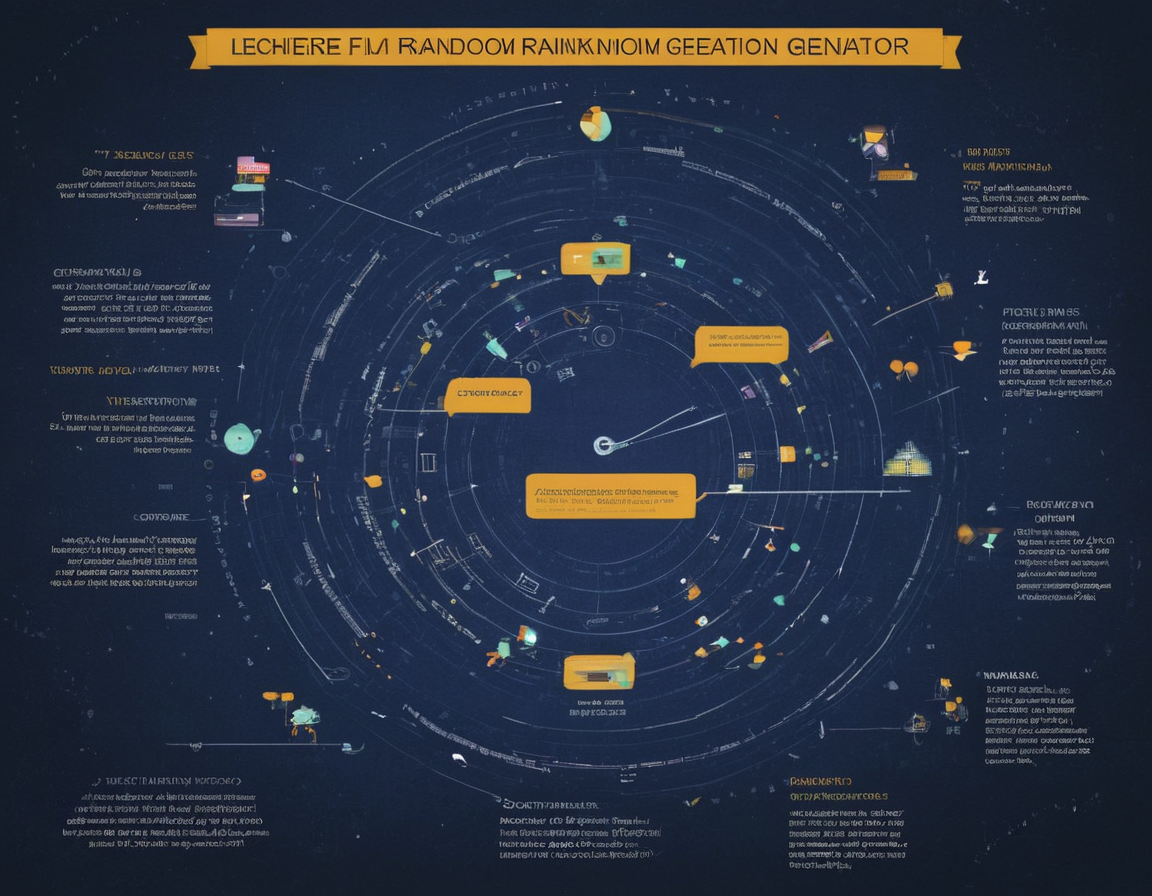Unlocking the Mystery of Lehmer Random Number Generators
Delving into the World of Lehmer Random Number Generators
Random number generation is a crucial aspect of computing, underpinning everything from secure encryption to the latest video games. At the heart of this process lies the Lehmer Random Number Generator (RNG), a mathematical algorithm that delivers a sequence of seemingly random numbers. In this post, we’ll explore the significance, functioning, and applications of the Lehmer RNG, a fascinating tool in the world of computational mathematics.
What is the Lehmer RNG?
The Lehmer RNG, named after mathematician D.H. Lehmer, is a type of linear congruential generator that produces sequences of pseudo-random numbers. Its simplicity and speed make it widely popular in various applications that require randomization.
How Does Lehmer RNG Work?
At its core, the Lehmer RNG relies on a simple formula:
Xn+1 = (a * Xn) % m
Here,
- a: The multiplier, a crucial parameter for the generator
- Xn: The previous number in the sequence, or the seed for the first iteration
- m: The modulus, which plays a critical role in ensuring a large cycle length
The Importance of Choosing Parameters
The choice of the parameters a and m is essential for the effectiveness of the Lehmer RNG. These values determine the sequence’s period – the time before the numbers start repeating – and the apparent randomness of the output.
Applications of Lehmer RNG
Lehmer RNGs are instrumental in a variety of fields:
- Video games for level design, AI behavior, and in-game events
- Statistical sampling in scientific research
- Cryptographic systems, although dedicated cryptographic RNGs are typically used due to security demands
- Simulation environments for modeling phenomena such as weather patterns or financial markets
This powerful algorithm’s versatility is a testament to its robust design and ability to adapt to different computing needs.

Conclusion
The Lehmer RNG is an elegant solution to a complex problem, elegantly producing a sequence of numbers that passes for random. As we continue to rely on computer simulations and data analysis, understanding and perfecting algorithms like Lehmer’s will remain a vital pursuit in the field of computer science.
Are you fascinated by the mechanisms behind random number generation? Share your thoughts and ask your questions below!






